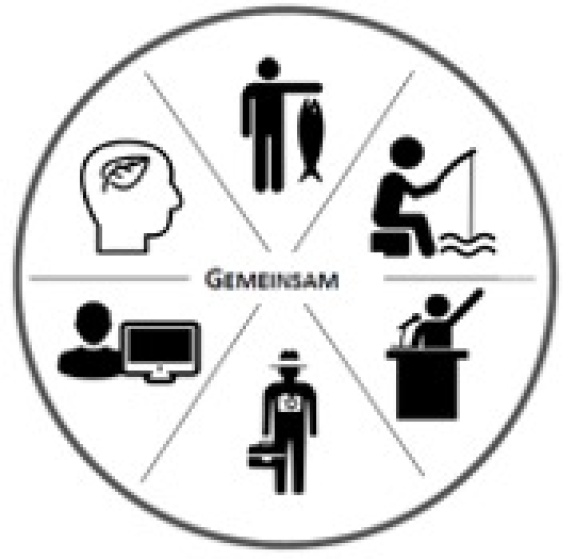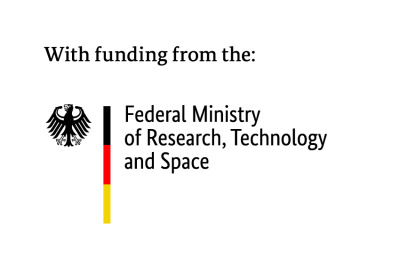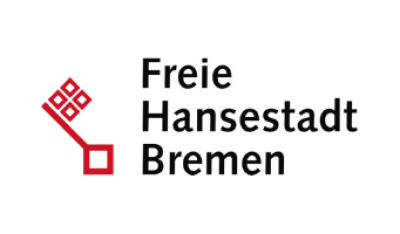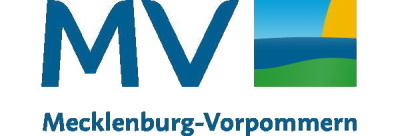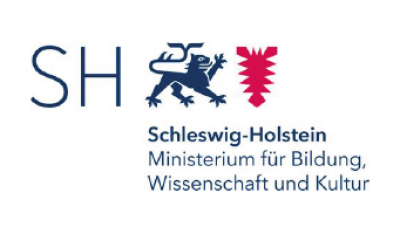Coastal Fishery, Biodiversity, Spatial Use and Climate Change: A Participative Approach to navigate the Western Baltic Sea into a Sustainable Future
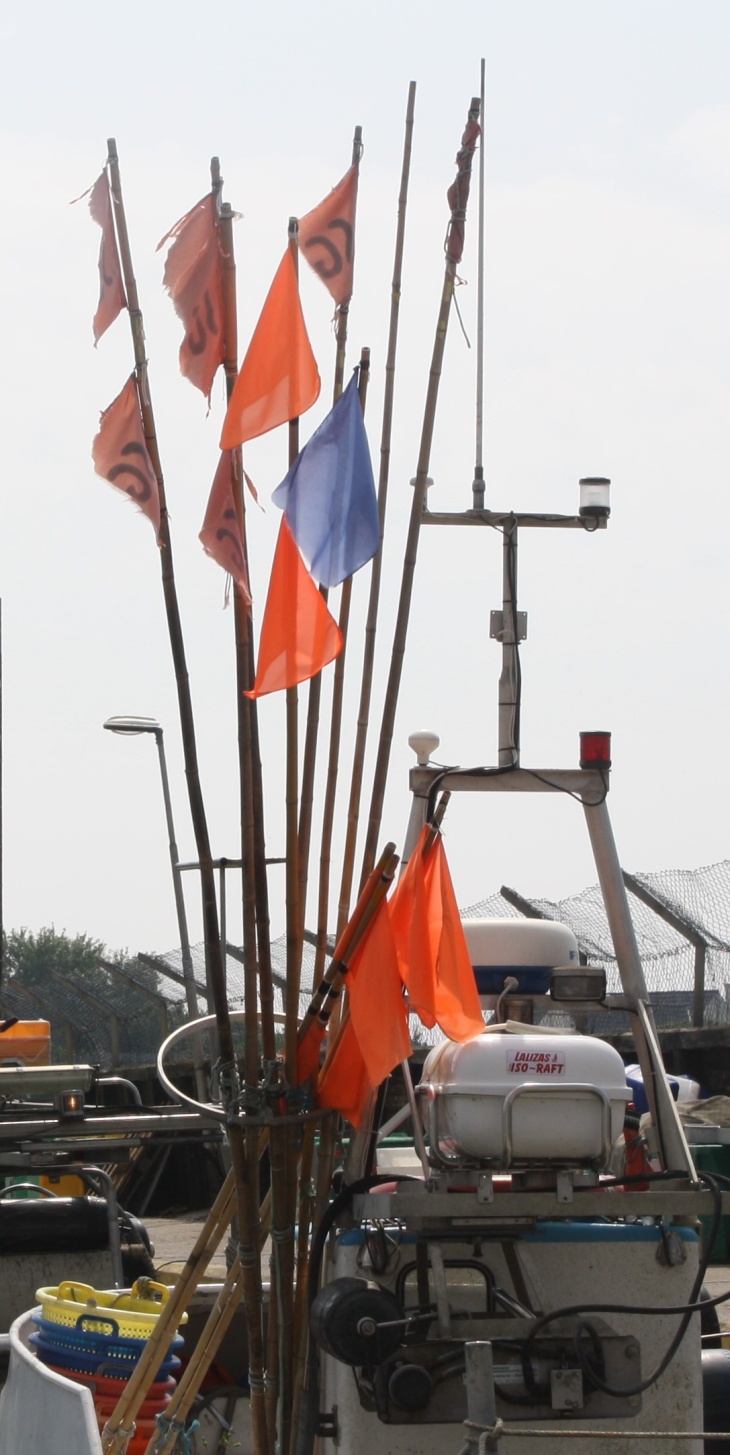
Fishing boat © Vanessa Steinweg
The commercially important fish stocks of cod and herring are depleted and threaten the existence of western Baltic fisheries. In addition, fisheries face the challenge of increased spatial competition with the need for renewable energy production in offshore wind farms and the increased demand for marine conservation to combat the climate and biodiversity crises. By combining cutting-edge research in ecology, economics and social sciences with a modern transdisciplinary process, SpaCeParti-2 will provide spatial solutions for a sustainability transformation of western Baltic Sea fisheries.
Specifically, SpaCeParti-2 will
(1) develop ecological solutions by identifying spatial fisheries opportunities and conservation needs;
(2) identify management solutions by assessing the effectiveness and economic sustainability of spatial utilisation scenarios;
(3) co-create transdisciplinary solutions by integrating stakeholder perspectives and knowledge; and
(4) develop governance solutions by integrating the results into maritime spatial planning and the multi-level fisheries governance system, including local (real-world laboratory), state and national (e.g. ministries), regional (e.g. government departments), and local (e.g. state and federal agencies).
Due to its unique transdisciplinary approach, SpaCeParti-2 can serve as a blueprint for sustainability transformations, also beyond fisheries. SpaCeParti 2.0 will contribute in particular to the achievement of UN Sustainable Development Goal (SDG) 14 (Life Below Water), but also to SDGs 2 (Zero Hunger), 8 (Decent Work and Economic Growth), 12 (Responsible Consumption and Production) and 17 (Partnerships for the Goals).
With these activities in SpaCeParti-2, we are building on results from the first phase.
in Phase 1
...the first marine real-world laboratories were successfully established and pioneering work was carried out in transdisciplinary marine science research. Real-world laboratories are young, participatory research formats - an innovation in marine areas (Wagner-Ahlfs et. al 2024). In SpaCeParti-2, we are continuing this pioneering work and adapting concepts, formats and methods to the special needs and challenges in marine areas. From the experiences of the real-world laboratories in Phase 1, key insights were gained for the establishment, operation and supervision of real-world laboratories and transdisciplinary research in general (de Graaf et al., 2023, Grünhagen et al. 2023, Schaber et al. 2023, Riekhof et al. 2023).
...the vision for the future of German Baltic Sea fisheries was published at the end of 2023 (BMEL/Riekhof et al. 2023). However, the measures that lead to the implementation of a successful transformation still need to be concretised and further evaluated. To this end, a scenario calculator was developed in order to evaluate missing estimates of the fleet structure.
...insights were gained into the significance of different spawning areas and the migratory behaviour of herring (Moll et al., in prep.). These findings need to be further deepened for application in ecosystem-based management in SpaCeParti-2. Local (fisheries and nutrient enrichment) and global (climate change) stressors act simultaneously and change the functioning of the ecosystem of the western Baltic Sea (Reusch et al., 2018). The complex consequences resulting from the interaction of these disturbance factors are the subject of ongoing research due to the direct and indirect pathways through which they can influence biodiversity and in turn affect fisheries yields.
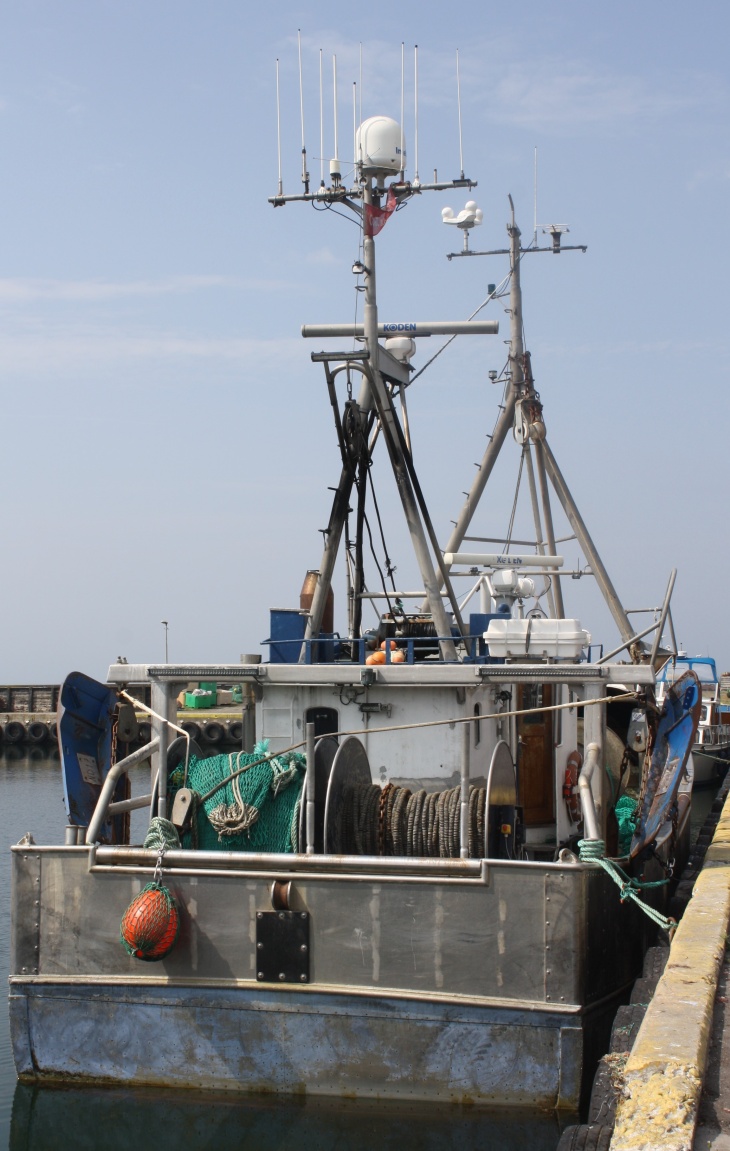
Fishing boat © Vanessa Steinweg
... biological and ecological models were developed (e.g. Ecopath with Ecosim (EwE) and Ecospace for the Western Baltic Sea), which are used in SpaCeParti-2 for further analyses, as they are an ideal approach to capture the interaction of different factors. This data was implemented by work package 5 in the marine spatial planning programme MSP-Challengeof the University of Breda, making the Western Baltic Sea area available to the public as a planning simulation for the first time.
...initial ideas for the transformation of coastal fisheries in the Western Baltic into a sustainable future were analysed. This can only take place in the context of the increasing utilisation of marine space by the energy sector in particular and the requirements of ecosystem protection. Using the scenario planning method, four scenarios were developed, drawing on the expertise of the entire SpaCeParti consortium (Möllmann et al. submitted in prep.). A successful sustainability transformation requires spatial solutions, adaptations to climate change, economic and ecological adaptations.
... the complex "governance system" has been analysed, particularly in the area of the diverse international and national laws and guidelines relating to fisheries, but has not been conclusively examined. Only with a comprehensive understanding of this system can results from science and transdisciplinary cooperation (e.g. Leitbildkommission, 2023) be transformed into effective knowledge for action. Based on the analyses and compiled data from phase 1, the evaluations will be finalised in transdisciplinary collaboration in SpaCeParti-2.
Project coordinator is Prof. Marie-Catherine Rieckhoff, Christian Albrechts University Kiel.

